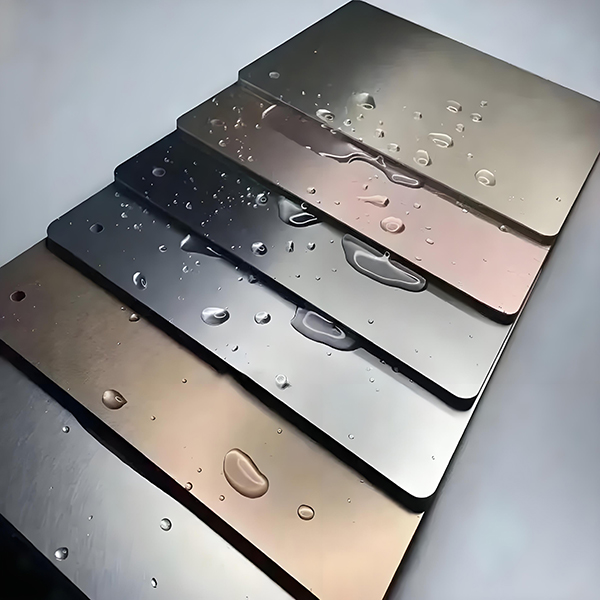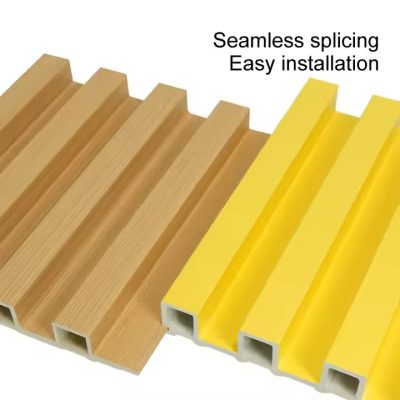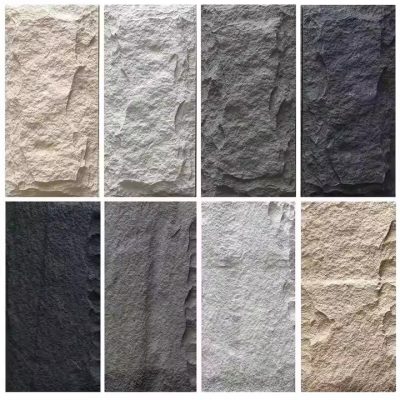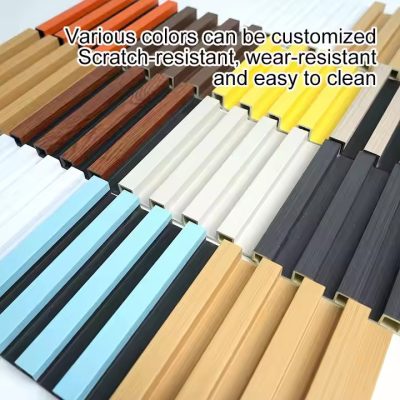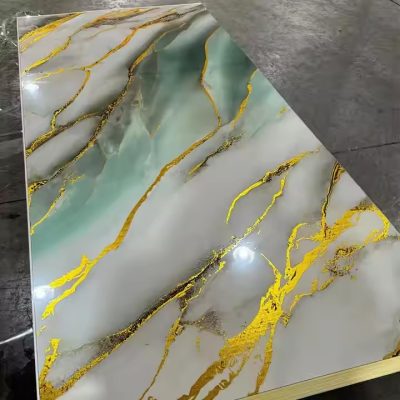Both aluminum panels and carbon fiber panels have their own unique advantages and suitable scenarios. Here is a detailed comparison between the two materials:
Aluminum Full Board: is more suitable for occasions where high strength, corrosion resistance, and fire resistance are required, such as kitchens and bathrooms in humid environments.
Carbon Fiber Board: is more suitable for occasions where quick heating, energy saving and environmental protection, and a certain degree of aesthetic requirements are required, such as floor heating systems, wall heating systems, and commercial space decoration.
Recommendations for Choice
When pursuing environmental protection, fire prevention, light weight, durability, and low aesthetic requirements, aluminum full board may be a better choice.
When more emphasis is placed on energy saving, environmental protection, aesthetics, and good thermal insulation performance, and the use environment is relatively dry, carbon fiber board is more suitable.
In summary, aluminum full board and carbon fiber board have their own advantages and disadvantages. When choosing, please consider your actual needs and budget, and consult professional home decoration designers or construction teams to ensure the decoration effect and safety of living.
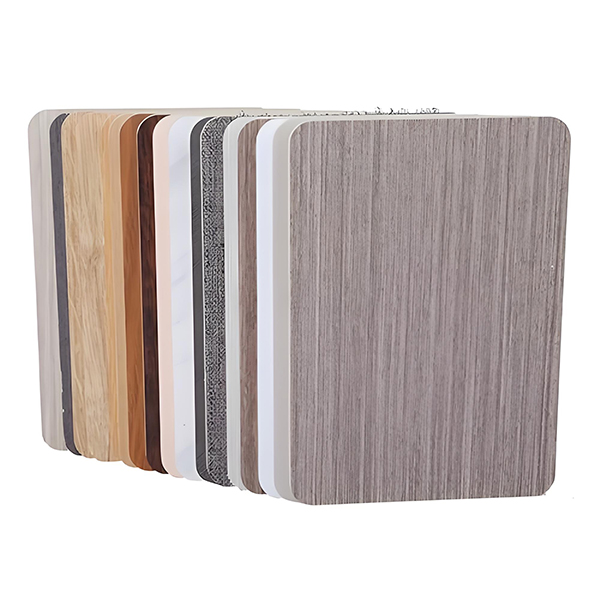
One, full aluminum plate. Advantages
Environmentally friendly and pollution-free: The aluminum panel material is pollution-free and does not require the use of adhesive glue, with a high environmental protection grade, making it very suitable for people who value home health.
Good fire resistance: Aluminum itself has excellent fire resistance, which can effectively reduce the risk of fire and improve home safety.
Lightweight and durable: The aluminum panel is lightweight and durable, and is less prone to deformation, with a long service life, making it suitable for various home decoration environments.
Scratch-resistant and corrosion-resistant: The aluminum surface has high hardness and is not easily affected by chemical corrosion, and is less prone to scratches, reducing the trouble of daily maintenance.
Waterproof and moisture-resistant: The aluminum panel has good waterproof properties, making it particularly suitable for humid environments such as kitchens and bathrooms.
Disadvantages
Higher price: Compared with wooden boards, the price of aluminum panels is relatively higher, which may increase the decoration cost.
Immature technology: At present, the aluminum panel technology is relatively less mature compared with woodworking, and the use of hardware is also less, which may affect the service life.
Many customization tricks: When customizing aluminum alloy products, you may encounter the problem of distinguishing recycled aluminum from primary aluminum, as well as the more complicated after-sales handling.
Simple design: The aluminum panel material has limitations in on-site processing, and the design is relatively simplified and standardized, which may not meet the individual aesthetic needs.
2. Carbon fiber board Advantages
High Strength and Lightweight: Carbon crystal boards are mainly composed of carbon fibers and resin, with a much higher strength than ordinary materials, while being lightweight for easy handling and installation.
Chemical Resistance: They are resistant to various acids, alkalis, and salts, making them suitable for various harsh environments.
Wear Resistance and High Temperature Resistance: They can maintain good physical properties even at high temperatures, without easily deforming or breaking.
Attractive Appearance: Carbon crystal boards have a smooth and flat surface, with a variety of colors, providing good decorative effects. They can also be made more attractive through surface treatment.
Easy Installation: They are installed using a snap-on system, usually without the need for adhesives or other auxiliary materials, making installation fast.
Good Thermal Conductivity: They can evenly transfer heat quickly, making them suitable for applications such as floor heating and wall heating that require quick heating.
Good Insulation: They can effectively isolate the outside temperature from the indoor temperature, saving energy.
Disadvantages
High Price: The price of carbon crystal boards is not low, and it needs to be considered based on the budget.
Sensitive Surface: The surface of carbon crystal boards is relatively fragile and easily scratched, making them unsuitable for use in humid environments. Once damaged, repair is difficult.
Difficult Maintenance: Carbon crystal boards have many joints, which are prone to oxidation, making subsequent maintenance potentially more troublesome.
Durability and Service Life: Carbon crystal boards, as a new material, still need further verification of their durability and service life.
III. Application Scenarios and Recommendations for Choice
